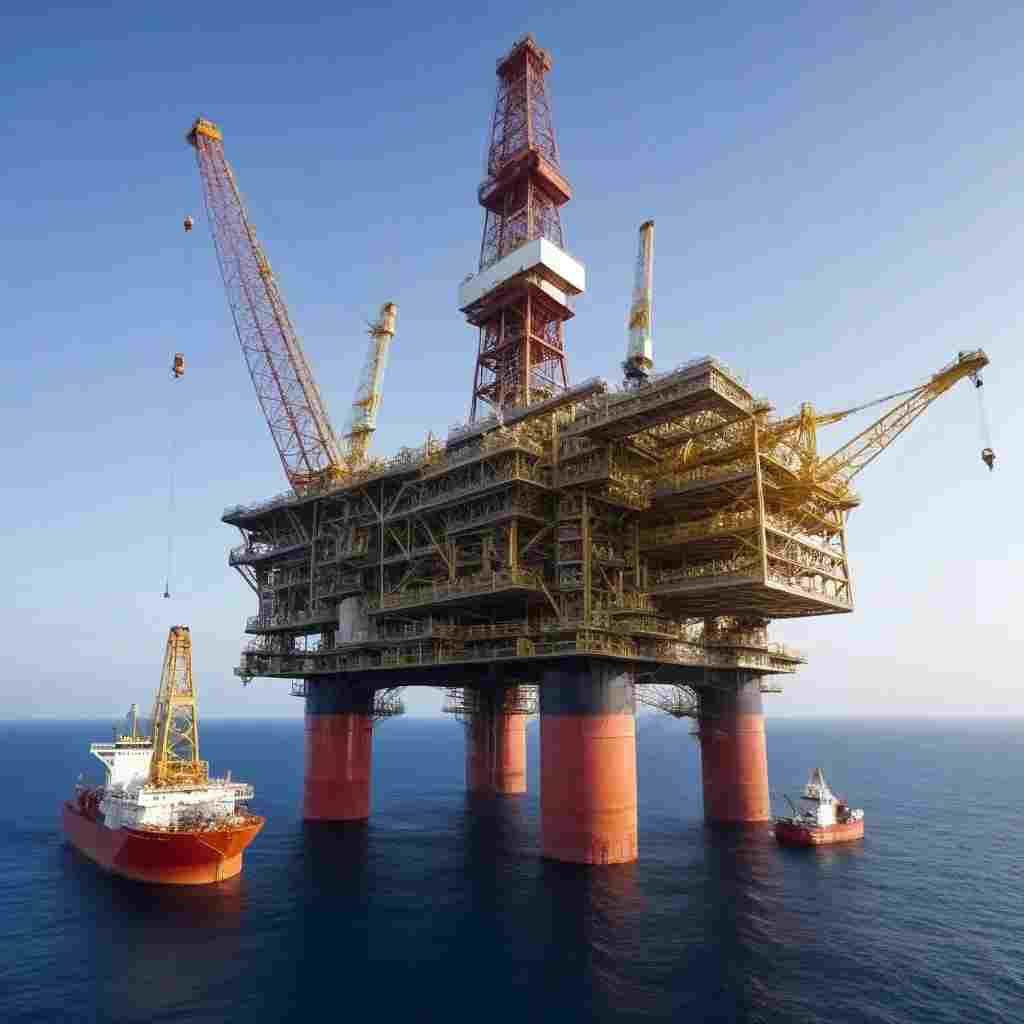Attorney

Oil Rig Injury Lawyers An Overview
Understanding Oil Rig Injuries
Oil rig workers face some of the most hazardous working conditions in any industry. The nature of their work exposes them to risks of severe injuries, including burns, fractures, and even fatalities. When such accidents occur, oil rig injury lawyers become crucial in helping injured workers seek justice and compensation.
Who Are Oil Rig Injury Lawyers?
Oil rig injury lawyers are specialized personal injury attorneys who focus on cases involving injuries sustained on offshore and onshore oil rigs. They are well-versed in the specific laws and regulations that govern the oil and gas industry, including the Jones Act, the Longshore and Harbor Workers' Compensation Act (LHWCA), and other maritime laws.
Why You Need an Oil Rig Injury Lawyer
- Specialized Knowledge: These lawyers have a deep understanding of maritime and oil industry laws, essential for building a robust case.
- Determining Liability: They can identify all liable parties, which may include employers, equipment manufacturers, and subcontractors.
- Evidence Gathering: They have the resources to collect critical evidence, such as maintenance records, safety reports, and eyewitness testimonies.
- Maximizing Compensation: They work to ensure you receive compensation for medical bills, lost wages, pain and suffering, and future medical care.
- Navigating Legal Complexities: Maritime law is complex, and having a lawyer who specializes in it is crucial for understanding your rights and options.
Steps to Take After an Oil Rig Injury
- Seek Medical Attention: Your health and safety should be your top priority.
- Report the Incident: Notify your supervisor and ensure the accident is documented.
- Document Everything: Take photos, gather witness contact information, and keep records of your injuries and treatments.
- Avoid Statements: Do not give recorded statements or sign any documents without consulting a lawyer.
- Contact an Oil Rig Injury Lawyer: The sooner you get legal help, the better your chances of a favorable outcome.
What to Expect from Your Lawyer
- Free Consultation: Many offer free initial consultations to discuss your case.
- Thorough Investigation: They will investigate the accident to build a strong case.
- Claim Filing: Handling all paperwork and ensuring timely filing of claims.
- Negotiation: Negotiating with insurance companies and responsible parties for a fair settlement.
- Court Representation: If necessary, representing you in court to fight for your rights.
Choosing the Right Lawyer
- Experience and Track Record: Look for lawyers with experience in oil rig injury cases and a history of successful outcomes.
- Client Reviews: Check reviews and testimonials to gauge client satisfaction.
- Fee Structure: Many work on a contingency fee basis, meaning they get paid only if you win.
- Communication: Choose a lawyer who communicates clearly and keeps you informed throughout the process.
The Most Common Injury on an Oil Rig
Understanding Oil Rig Work Environment
Working on an oil rig is inherently dangerous due to the heavy machinery, hazardous materials, and harsh conditions. These factors contribute to a higher risk of accidents and injuries compared to many other professions.
Most Common Injury: Hand and Finger Injuries
Among the various types of injuries that occur on oil rigs, hand and finger injuries are the most common. These injuries can range from minor cuts and bruises to severe trauma such as fractures, amputations, and crush injuries.
Causes of Hand and Finger Injuries
- Handling Heavy Machinery: Workers frequently handle heavy and complex machinery, increasing the risk of getting their hands or fingers caught, pinched, or crushed.
- Manual Handling of Tools and Materials: Using tools and handling materials manually can lead to cuts, punctures, and other injuries.
- Slips, Trips, and Falls: Slippery surfaces and uneven terrain can cause workers to fall and injure their hands or fingers while trying to break the fall.
- Lifting and Carrying: Improper lifting techniques or carrying heavy loads can lead to injuries.
- Equipment Malfunction: Faulty equipment or machinery can malfunction, causing sudden and severe injuries to hands and fingers.
The Risks Faced by Oil Rig Workers
Oil rig workers operate in one of the most hazardous industries. The combination of heavy machinery, harsh environmental conditions, and the volatile nature of the materials handled contribute to a high-risk work environment. Here are some of the primary risks faced by oil rig workers:
Physical Risks
Heavy Machinery Accidents:
- Crush Injuries: Workers can get caught between or under heavy equipment.
- Equipment Malfunctions: Faulty machinery can cause severe injuries or fatalities.
- Falling Objects: Tools or equipment can fall from heights, posing significant risks.
Mitigation Measures
- Comprehensive Training: Ensuring workers are well-trained in safety procedures and equipment handling.
- Regular Maintenance: Keeping machinery and equipment in good working condition to prevent malfunctions.
- Protective Gear: Providing and enforcing the use of appropriate safety gear.
- Emergency Preparedness: Establishing clear emergency response plans and conducting regular drills.
- Health Monitoring: Regular health check-ups and monitoring for early detection of occupational diseases.
- Fatigue Management: Implementing work-rest schedules to prevent overexertion and fatigue.